 Registration Deadline This week
Registration Deadline This week
The deadline to avoid late fees for CppCon 2025 Registration is this Friday, August 29th!
Avoid the $400 late fee on CppCon 2025 Registrations:
- 5+ days of C++ content across Five Stages
- More than 100 total sessions available to watch live
- Learn best practices from top presenters from dozens of industries and preview the latest from the C++ Standards Committee
- Featuring eight focus tracks (Back to Basics, the new Business & Career Track, Embedded, GameDev, Robotics & AI, Scientific Computing, Software Design, and Tooling & Ecosystem)
- Plus Panels, Bonus Sessions, Lightning Talks!
- Also register for onsite and online classes for focused instruction by the world’s top C++ instructors.
Join hundreds of C++ enthusiasts, enjoy the beautiful Rocky Mountain views, rub shoulders with industry experts and network with peers across the full 5 days of the event.
Register this week to avoid late fees.
Field Trip Registration
The field trip is filling up rapidly! If you want to join us at the Wings Over the Rockies Air Museum register soon.
Where to stay during the conference
The conference hotel, the Gaylord Rockies, has filled up. We have opened up an overflow block at a second hotel for those still looking to make reservations. See our lodging page for details.

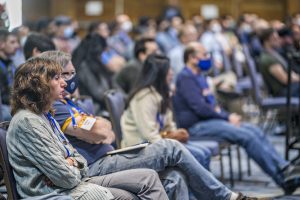 Registration Deadline This week
Registration Deadline This week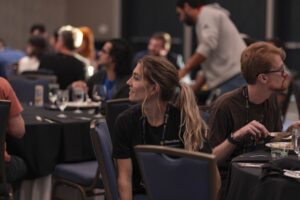
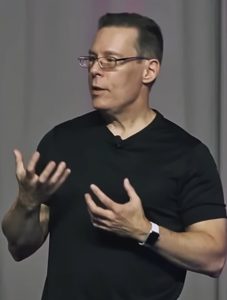


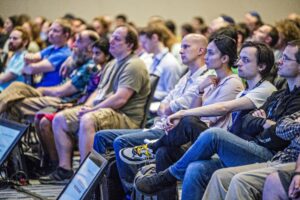
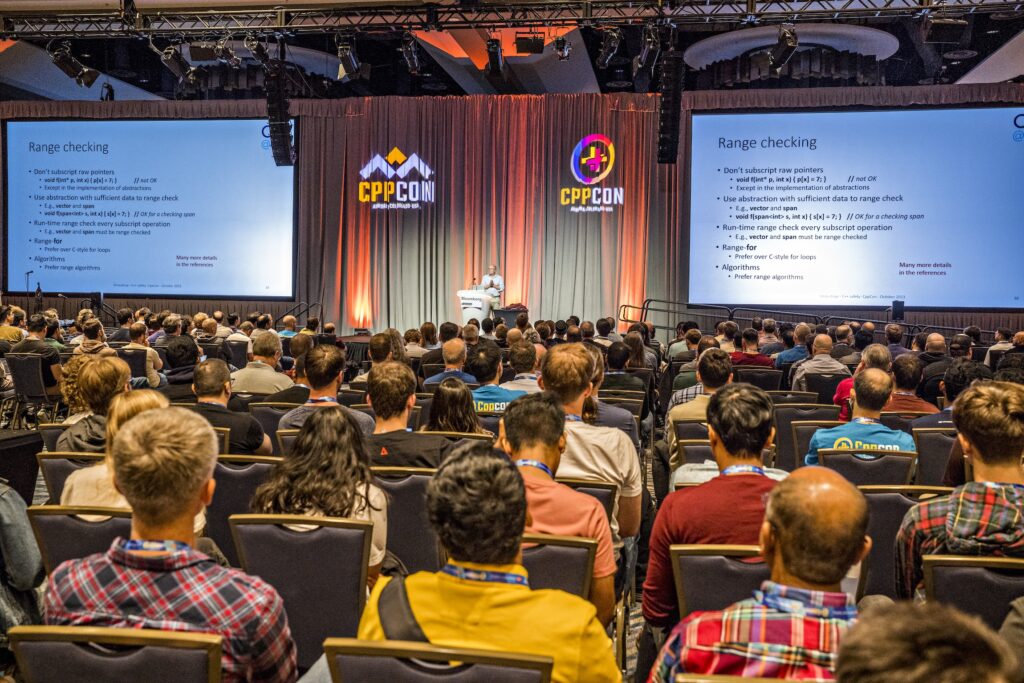 The
The 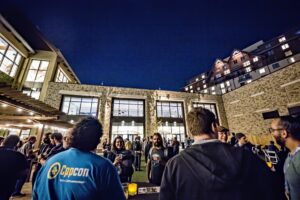 In addition to the Main Program, we’ll have our annual Committee Fireside Chat, our
In addition to the Main Program, we’ll have our annual Committee Fireside Chat, our